Today the Australian Criminal Intelligence Commission (ACIC) released Report 16 of the National Wastewater Drug Monitoring Program (the Program)—focusing on 12 licit and illicit drugs: nicotine, alcohol, methylamphetamine, amphetamine, cocaine, MDMA, MDA, oxycodone, fentanyl, heroin, cannabis and ketamine.
Covering a population of 13 million Australians, this report compares consumption data from previous reports with results obtained from regional and capital city sites in December 2021 and capital cities in February 2022.
The report presents patterns of substance use across Australia, showing differences in consumption levels between capital cities and regional centres, within and between states and territories, and nationally.
This report also includes updated 2021 data from the Sewage Core Group Europe (SCORE), which covered Europe, Asia and Oceania.
The SCORE results highlight the domination of our domestic stimulant market by methylamphetamine—Australia had the highest methylamphetamine consumption per capita compared with 24 other countries.
“Much of the harm that Australians suffer at the hands of organised crime is due to illicit drugs. Serious and organised crime groups profit from the importation, manufacture, trafficking and sale of drugs that cause harm to the community,” Michael Phelan APM, CEO of the ACIC said.
“Through wastewater analysis we gain insight into the serious and organised crime groups that supply illicit drug markets. Regular and near-real-time wastewater reporting enables the ACIC and our partners to detect and respond to increasing drug threats in a timely way and monitor the impact of responses.”
Results of note in the latest report include:
- Of the drugs measured by the Program with available dose data, alcohol and nicotine continue to be the most consumed substances in December 2021 and methylamphetamine the most consumed illicit drug.
- In December 2021, per capita capital city consumption of methylamphetamine, cocaine and MDMA all exceeded regional consumption for the first time since April 2017.
- During the reporting period, the illicit stimulant markets showed early signs of increased consumption, but not yet to levels recorded previously by the Program or prior to COVID-19.
- Between August and December 2021, consumption of methylamphetamine, cocaine, MDMA and MDA increased in both capital city and regional sites, while consumption of heroin and cannabis decreased.
- Consumption of oxycodone and fentanyl also fluctuated, but remains low and relatively stable, with regional consumption of fentanyl in December 2021 being the lowest level recorded by the Program.
- Comparative international wastewater data confirm the strong preference in world terms by Australian illicit drug users for illicit stimulants (amphetamine, methylamphetamine, MDMA and cocaine) and the domination of our domestic stimulant market by methylamphetamine.
- Of the 26 countries reporting cocaine consumption and the 27 reporting MDMA consumption, Australia ranked 15th and 5th respectively. Of the 16 countries in which cannabis was monitored, Australia ranked 6th.
Previous wastewater reports have demonstrated the impact of the COVID-19 restrictions on drug consumption across different drug markets. This report adds further detail to the picture, during a time when restrictions were being relaxed or removed in most jurisdictions. The remnants of COVID-related restrictions have not impacted drug markets uniformly, with differences continuing to be observed across drug types and between and within jurisdictions.
“Organised crime groups have redoubled their efforts to supply the major illicit drug markets as COVID-19 restrictions eased, generating significant illicit revenue, but they continue to face challenges, not least from law enforcement agencies,” Mr Phelan said.
“Our report helps address harmful drug consumption through improving knowledge about these influences so that tailored supply, demand and harm reduction efforts can be developed and implemented by decision makers on a range of drug and public health issues.”
The report is available from the ACIC website: www.acic.gov.au
Note to editors
In accordance with current wastewater analysis conventions, the terms of the contract, and to protect the integrity of the Program, the exact sampling locations cannot be publicly released by the ACIC. To maintain the confidentiality of the participating site, each site was allocated a unique code to de-identify their results, however trends in particular states and territories can be identified.
Media are encouraged to include help-seeking information in stories about illicit drugs to minimise any negative impact on people in the community. The following services provide people with access to support and information.
- For free and confidential advice about alcohol and other drug treatment services call the National Alcohol and Other Drug Hotline on 1800 250 015.
- Access free 24/7 drug and alcohol counselling online.
For information about drug and alcohol addiction treatment or support, go to the Turning Point website.
